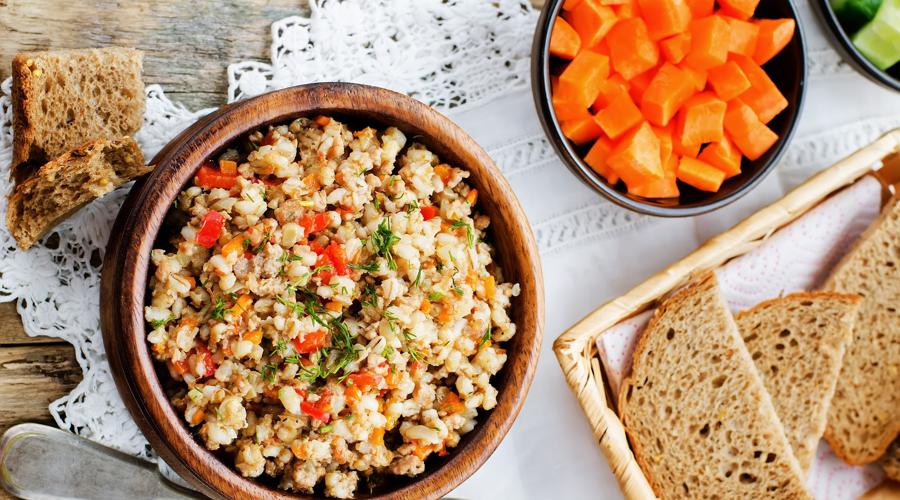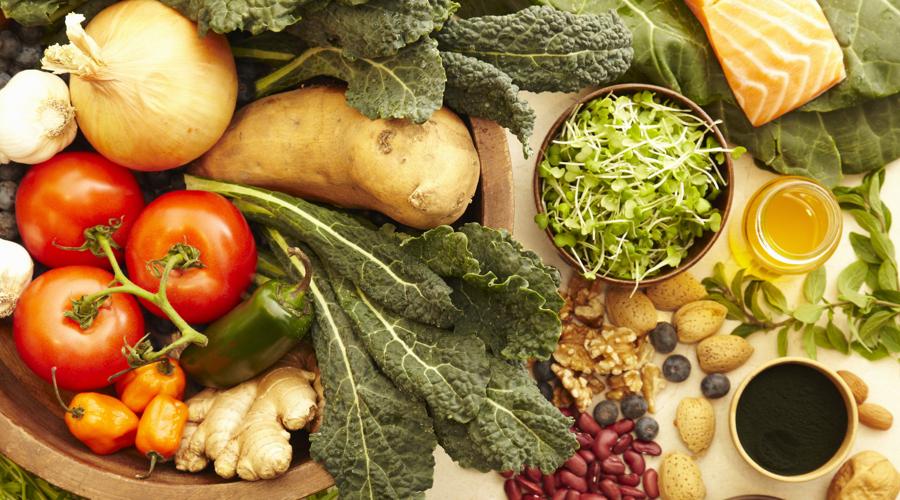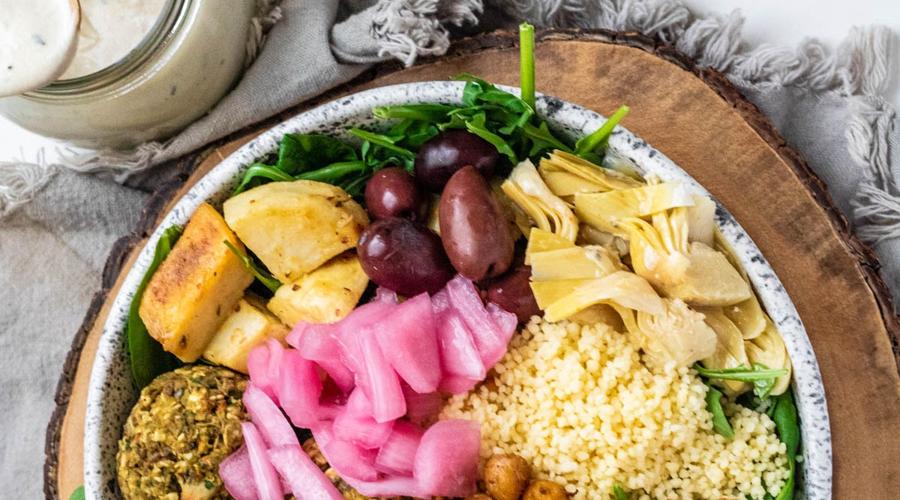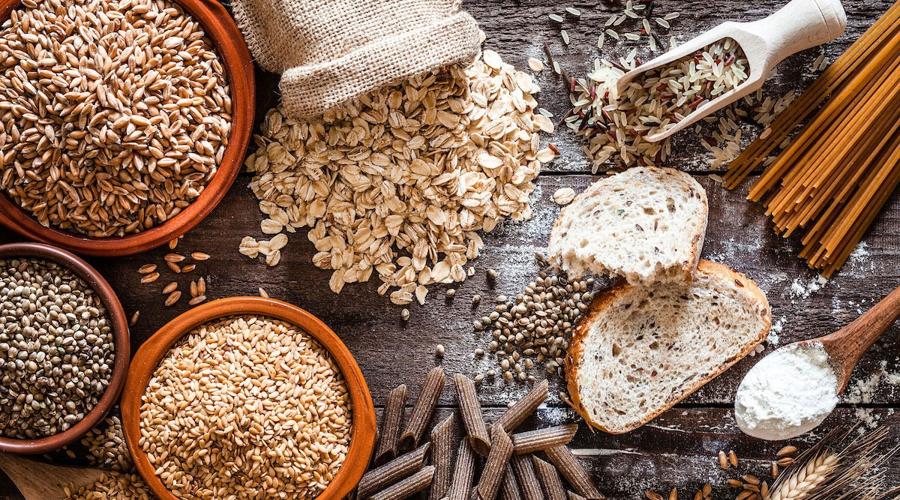The Mediterranean diet has long been lauded for its health benefits and delicious cuisine, with its emphasis on fresh vegetables, fruits, fish, and olive oil. However, one key component that often goes unnoticed is the variety of grains that are central to the Mediterranean diet. From couscous and bulgur to farro and quinoa, Mediterranean grains offer a range of flavors, textures, and nutrients that make them a versatile and nutritious addition to any meal. In this blog post, we’ll explore the benefits of incorporating Mediterranean grains into your diet, share some tasty recipes, and discuss the cultural and historical significance of these ancient grains. So, whether you’re a seasoned foodie or just looking to mix up your meals, join us on a journey through the world of Mediterranean grains.

Types of Mediterranean grains
- Bulgur: This is a wheat grain that has been boiled, dried, and cracked. It has a nutty flavor and is often used in tabbouleh salad or as a base for pilafs.
- Couscous: This is a small, granular pasta made from semolina flour. It is a staple in North African cuisine and is often used in salads and stews.
- Farro: This is an ancient type of wheat that has a chewy texture and nutty flavor. It is often used in soups, salads, and grain bowls.
- Freekeh: This is a type of wheat that is harvested while still young and green, then roasted and cracked. It has a smoky flavor and is often used in pilafs and salads.
- Quinoa: While not traditionally a Mediterranean grain, quinoa has become popular in the region in recent years. It is a gluten-free grain that is high in protein and is often used in salads and grain bowls.
- Polenta: This is a cornmeal-based grain that is popular in Italian cuisine. It can be served as a side dish or used as a base for dishes like polenta lasagna.

Nutritional benefits of Mediterranean grains
Fiber
Most Mediterranean grains are high in fiber, which can help promote digestive health, regulate blood sugar levels, and lower cholesterol.
Protein
Grains like quinoa and farro are high in protein, making them a good vegetarian or vegan protein source.
Vitamins and minerals
Mediterranean grains are a good source of vitamins and minerals such as iron, magnesium, and B vitamins.
Low glycemic index
Many Mediterranean grains have a low glycemic index, meaning they don’t cause a sharp rise in blood sugar levels, making them a good option for people with diabetes.
Antioxidants
Some Mediterranean grains, such as freekeh, are high in antioxidants, which can help reduce inflammation and protect against chronic diseases.

Comparison with other types of grains
- Gluten-free options: Some Mediterranean grains, such as quinoa, are gluten-free, making them a good option for people with gluten sensitivities or celiac disease.
- Protein content: Many Mediterranean grains, such as farro and freekeh, are higher in protein than other grains like rice or corn.
- Fiber content: Compared to refined grains like white rice or pasta, Mediterranean grains are higher in fiber, which can help promote digestive health and keep you feeling fuller for longer.
- Antioxidants: Some Mediterranean grains, such as freekeh and bulgur, are high in antioxidants, which may offer additional health benefits.
- Glycemic index: Some Mediterranean grains, such as bulgur, have a lower glycemic index than other grains, meaning they don’t cause a sharp rise in blood sugar levels after eating.

Incorporating Mediterranean grains into your diet is a simple and delicious way to boost your intake of important nutrients like fiber, protein, and vitamins and minerals. With a range of grains to choose from, including bulgur, couscous, farro, freekeh, quinoa, and polenta, there are plenty of options for adding variety and flavor to your meals. Not only do these grains offer unique nutritional benefits, but they also have a rich cultural and historical significance in Mediterranean cuisine. So, whether you’re looking to try a new recipe or just want to mix up your meals, give Mediterranean grains a try and discover the delicious and nutritious world of these ancient grains.

